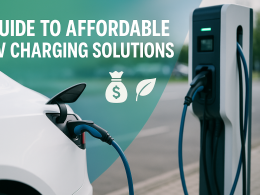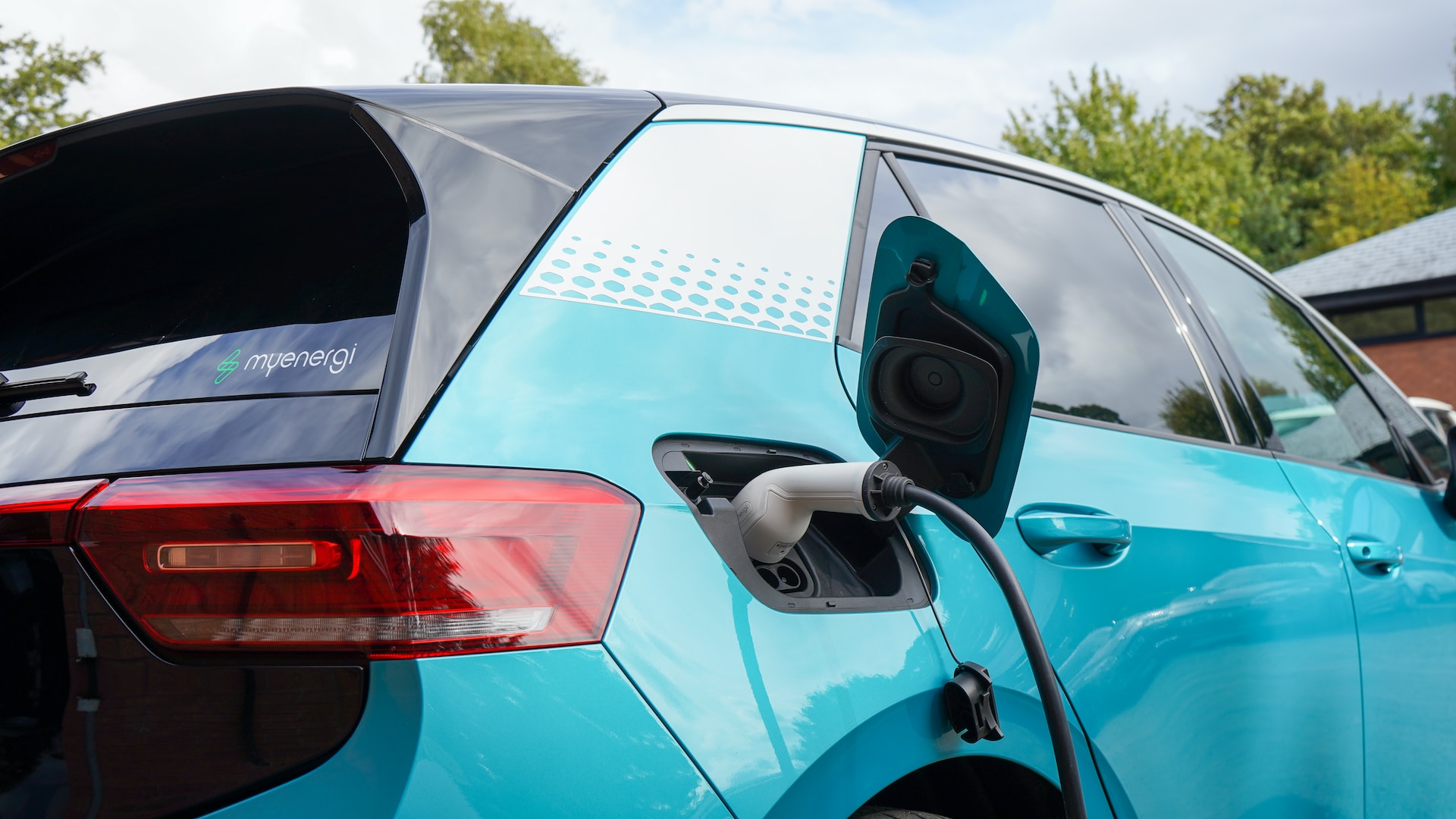Lordstown Motors, a startup electric truck manufacturer based in Ohio, has been making headlines in recent months for all the wrong reasons. The company, which went public through a merger with a special purpose acquisition company (SPAC) last year, has been struggling with a series of setbacks, including production delays, executive departures, and a regulatory investigation. Now, it is facing another major challenge that could threaten its survival: a dispute with its key supplier, Foxconn.
Foxconn, a Taiwanese electronics giant best known for manufacturing Apple’s iPhones, had signed an agreement last year to help Lordstown Motors with the production of its electric pickup truck, the Endurance. Under the deal, Foxconn was supposed to provide various parts and components, as well as help with the design and engineering of the vehicle. However, according to recent reports, the two companies have been clashing over various issues, including pricing, intellectual property, and quality control.
The dispute came to a head last month, when Foxconn reportedly refused to extend its agreement with Lordstown Motors beyond the initial one-year term. The move was seen as a major blow to the startup, which had been banking on Foxconn’s expertise and resources to bring its electric truck to market. Lordstown Motors responded by saying that it was “evaluating its legal options” and exploring alternative suppliers.
The news of the Foxconn conflict has sent Lordstown Motors’ stock plummeting, with the company’s market value dropping by more than 20% in a single day. It has also raised questions about the startup’s future, as it was already struggling to meet its production targets and generate revenue. Lordstown Motors has yet to deliver a single vehicle to customers, and it recently warned investors that it might not have enough cash to keep operating beyond the end of this year.
The Foxconn dispute has also cast a spotlight on the broader challenges facing the electric vehicle (EV) industry. Despite growing demand for EVs, especially in the wake of the Biden administration’s push for cleaner transportation, many startups and established automakers are struggling to scale up their production and compete with traditional gas-powered vehicles. The supply chain issues, battery shortages, and regulatory hurdles are just some of the obstacles that the industry is facing.
Moreover, the Lordstown Motors case has raised concerns about the SPAC boom, which has been fueling the growth of many EV startups. SPACs, also known as “blank check” companies, are shell corporations that raise money from investors with the promise of using it to acquire or merge with another company. They have become a popular alternative to traditional IPOs, as they allow startups to go public more quickly and with less scrutiny. However, critics argue that SPACs are often overhyped and lack transparency, leading to inflated valuations and potential fraud.
The Lordstown Motors SPAC, called DiamondPeak Holdings, went public in October 2020, and its shares soared in the months that followed, reaching a high of $31.80 in February 2021. However, the stock has since plunged, as the company has struggled to deliver on its promises and the regulatory scrutiny has intensified. The SEC recently opened an investigation into Lordstown Motors’ pre-merger disclosures and its claims about pre-orders for the Endurance.
The Lordstown Motors case serves as a cautionary tale for investors and startups alike. It highlights the risks and challenges of the EV industry and the SPAC frenzy, as well as the importance of due diligence and transparency. It also underscores the need for a more sustainable and equitable transition to cleaner transportation, one that takes into account not only the environmental benefits but also the social and economic impacts. The fate of Lordstown Motors, and its troubled partnership with Foxconn, remains uncertain, but it is clear that the EV industry.











